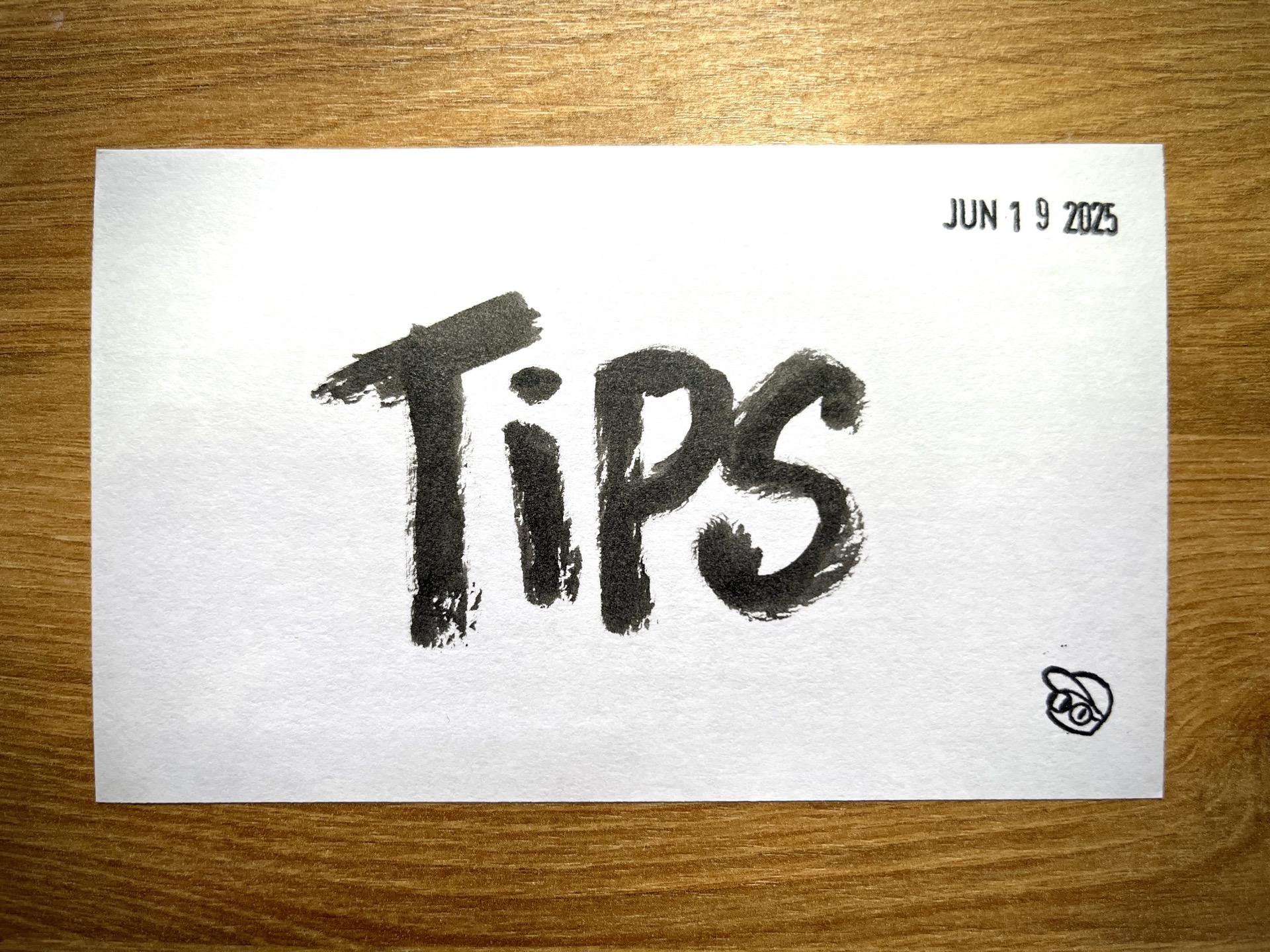Yesterday I had a call with a colleague. We were talking about personal productivity. I shared a tip—something simple I do every day.
I was hesitant to even mention it because of how obvious it sounds.
“Use timers. The Clock app on macOS works great.”
I told them how I use timers to carve out tiny pockets of deep focus during my meeting-filled days. Those beeps are my signals—like “kicks” from Inception—to snap me out.
Five minutes. Ten minutes. Fifteen.
What can I get done before the beep? (Cracks knuckles.)
To my surprise, not only had they never thought to use timers that way… they didn’t even know macOS had a native clock app with timers.
Simple, but not obvious
There are so many little tips we pick up from each other—organically, casually. Things that spark ideas. Things we remix. Things we quietly invent on our own.
And because they feel so simple, we forget they’re even worth mentioning.
But simple doesn’t mean obvious. And obvious doesn’t mean known. I suppose you could extend this to tribal knowledge, or education, or documentation… But I won’t even pretend to know what I’m talking about there.
I’ll just start small.
5 tips I use every day
So for this post, I’m sharing 5 random tips I’ve picked up from people on the Internet. And honestly? It took me a while to come up with this list. Like… 15 minutes.
I think it’s because of my criteria:
- It must be something I do daily (or try to do)
- It must be something I learned from someone else (not invented)
- It feels simple and obvious — almost too simple and obvious
1. Break your tools
You can “break in” a Sharpie by smashing the edge of the tip, kind of at an angle. This creates a larger flat side on the tip, letting you consistently draw thicker lines.
The insight I got from this is... Sometimes you can break your tools to make them better.
I learned this from Austin Kleon.
https://x.com/austinkleon/status/1334236842808455169
2. Be polite (to AI)
ChatGPT and other AI tools (aka “large language models” or LLMs) are trained on how humans write. Because of that, they’re surprisingly good at roleplaying.
That’s why prompts often start like, “YOU ARE A NOBEL PRIZE WINNING SCIENTIST…” — it adopts that voice and personality.
So if you’re working with a character (AI or not), and you want help, it’s probably better to be polite.
I learned this from Hannah Fry.
3. Put dates on things
I can’t fully explain why it feels grounding to be surrounded by little things with dates on them (index cards, calendars, pens, computer peripherals…), but it does.
And it starts by putting a date on things. Usually when I bought, made, or started using it.
The pen I’m using right now? 2025.01.26 — I started using it January 26th this year.
The keyboard I’m typing on? A hand-written label on the back that reads S/N.240217.03.01. I bought it on February 17th last year, to replace the old Magic Keyboard with the cursed spacebar that only worked 50% of the time.
Is this information useful? Who knows. Probably not. But I like it.
I learned this from Van Neistat.
4. Journal on an index card
I’ve tried all kinds of journaling setups. Right now, I write my day on a 3x5 index card. Then I flip it and pull out a few highlights on the back.
I started this on March 3, 2025, and I’ve stuck with it ever since.
Every evening. Usually before bed.
I learned this from Austin Schrock.
5. Keep a modular pocket notebook
For years, I’ve always carried some kind of pen and paper. It started with a single 8.5×11” sheet folded into eighths. I tried different notebooks, but nothing stuck. I think it’s because I didn’t like the binding—it enforced too much order. Plus, I couldn’t spread out pages to “zoom out.”
Everything changed when I realized: you can rip pages out of a notebook.
The audacity.
That gave me permission (I guess?) to go modular. I switched to a bundle of index cards. It was the perfect balance. Small. Pocketable. Swappable. I could carry them everywhere and rearrange as needed.
I learned this from Sam Altman.
Yup. The CEO of one of the biggest AI companies on the planet… prefers writing ideas by hand, on paper, and tearing pages out. Heck ya.
Share
We tend to underestimate how powerful small tips can be.
They feel too simple, too obvious, too “everyday” to matter. But sometimes, those everyday things—those quiet little habits—can change the way someone works, thinks, or moves through the world.
So the next time the opportunity arises, don’t hesitate to share how you do things.
Even if it feels silly. Even if it feels small.
Because who knows? It might change someone’s life in a quiet but profound way.
